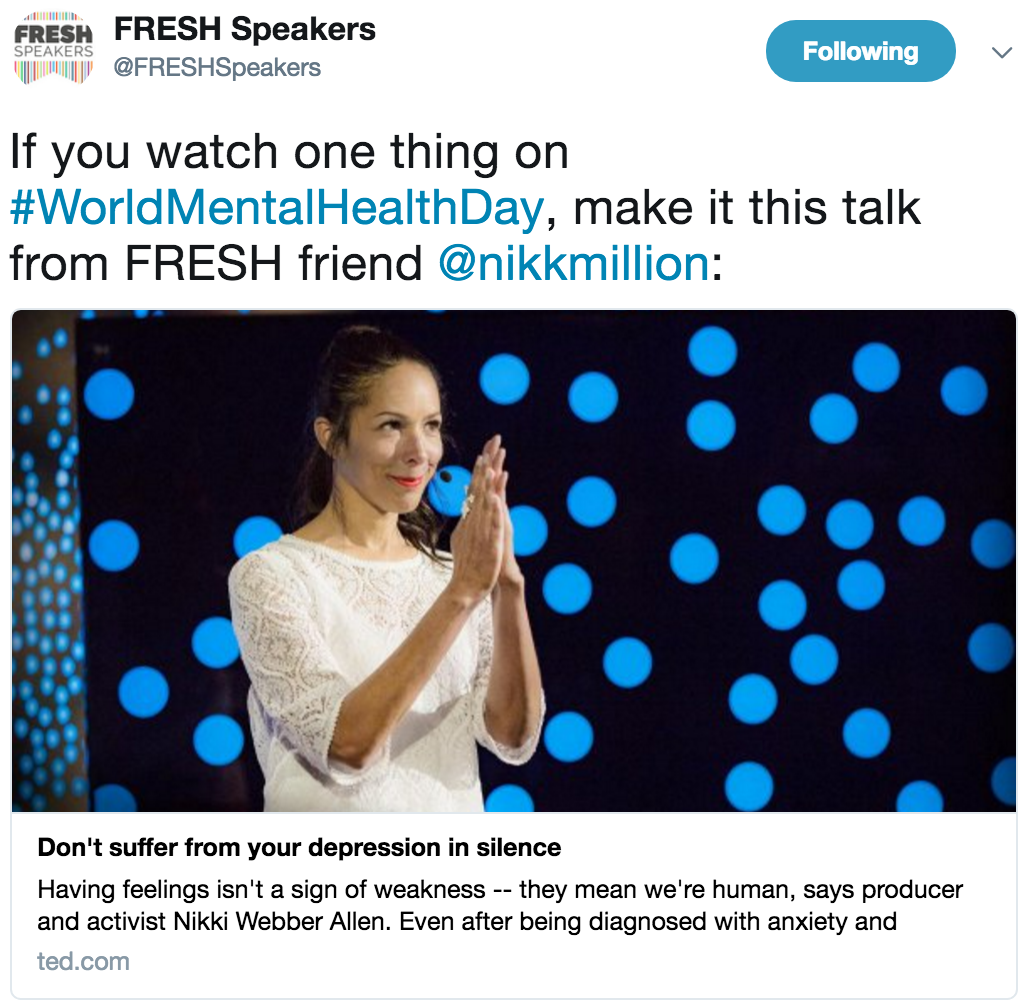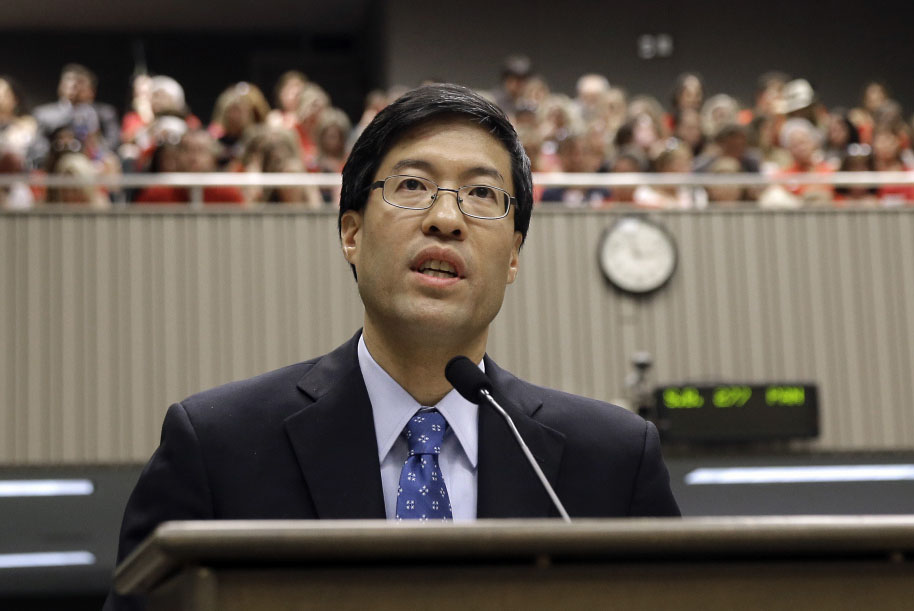The Race to Judge and Silence
What force creates a space in society where many are incredibly quick to speak yet, remarkably slow to listen and understand? When will the race to judge and silence end, and where will we be as a society if it continues? Take for example the debate regarding whether National Football League (NFL) players should be forced to stand during the national anthem or allowed to take a knee. I recently asked a colleague to explain what he meant about players being disrespectful when they knelt. What I heard was that kneeling was wrong because so many died for our country and standing was the right thing to do during the national anthem. I then asked him what he believed kneeling meant to the NFL players. The response that I received was discouraging yet not too surprising. He informed me that the intent of players who knelt didn’t matter. “It didn’t matter?” I asked. He earnestly believed that the players who knelt were wrong, needed to stand, and should be forced to protest differently.
What happens when we toss alternative views into an annihilating abyss? In healthcare, it is the dismissal of information that increases medical errors and harms patients. In the justice system, not considering all the evidence places the innocent behind bars. A single narrative in academia could contribute to stereotypes and result in higher attrition rates for some groups. Precisely what makes a person believe so firmly that their perspective is more significant or superior to someone else’s? I get it, being right tends to feel good. Conversely, having someone oppose your views could unleash a plethora of adrenaline and contribute to emotional turbulence and unrest. It could be problematic for some individuals to step in front of their stereotypes and recognize how their biases could create a cognitive dissonance. Nevertheless, society must move to discuss the stereotypical dynamics that thwart efforts to align behaviors with moral obligations.
When people perceive an opposing view as threatening, taking a moment to determine how to proceed safely could be challenging. Rather than responding in favor of a new idea or attempting to see how both views could be correct, some who feel threatened tend to vehemently refuse to acknowledge or understand an opposing narrative. Recall the case of the NFL players kneeling. Consider taking a brief, yet intentional pause when different perspectives challenge your ideologies or stereotypes. Recognize that suspending judgment takes courage, humility, patience, and discipline. Some practice mindfulness to regain control of a hijacked amygdala.
Having a willingness to listen to an unfamiliar perspective could make the promise of diversity more attainable and sustainable. However, not all individuals possess a level of emotional maturity that enables them to hear, understand or be questioned by people who they perceive as “different.” To achieve greater understanding, one should work to understand the alternative perspective. Mind you; it is a commitment to being empathic instead of being forced to agree. Empathy allows individuals to speak to an alternative point without having to dismiss their beliefs. Indeed, empathy could dampen some of the tensions surrounding difference.
Diversity begets difference. As institutions become more diverse, individuals who have the capacity to listen and accept difference will be of immense value. But where are these qualities practiced and who best demonstrates them? Educational institutions should develop policies that ensure listening and understanding are the norm and create environments that strengthen the capacity of students to exemplify these skills. Governmental agencies and private organizations should follow academia’s lead and select leaders who can model these characteristics. In closing, leaders should not seek to divide or fuel emotional discord. They should possess diplomacy, find common ground, and move institutions towards a place where listening and understanding is an established norm.
What force creates a space in society




